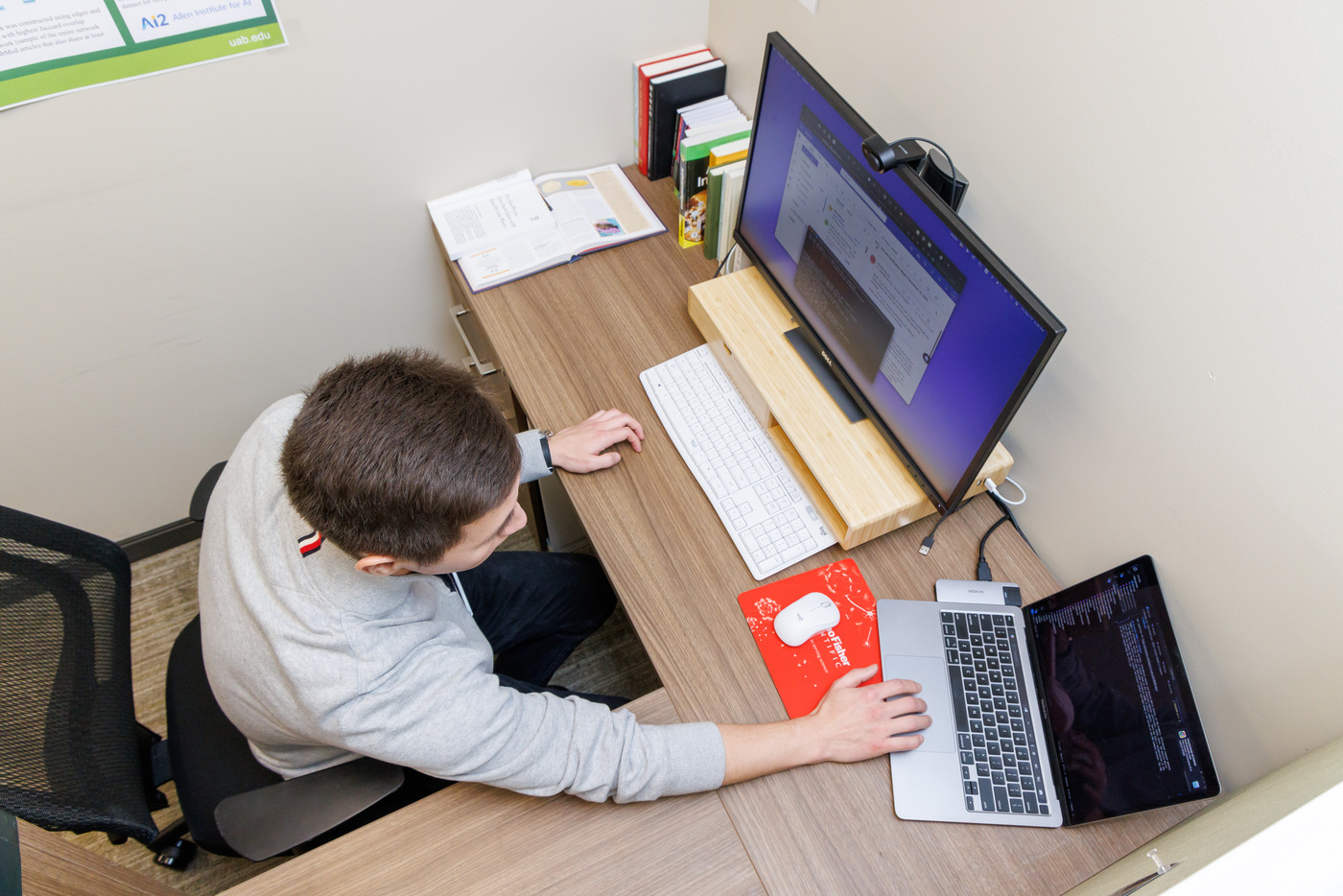
Clinical research informatics entails various activities but often focuses on retrospective historical studies and prospective clinical trials. Clinical research informatics pursues the development of methods and tools that support clinical researchers, whether that is reusing previously collected data or collecting new data in studies of their own.
Clinical research informaticians seek to improve not only data collection but also the entire research process, from hypothesis generation, through study design and approval, to study execution and finally the analysis of study data. Clinical data repositories and clinical trials data management systems are major areas of focus in clinical research informatics.
Clinical Research Informatics at UAB
The i2b2 (Integrating Informatics for Biology to the Bedside) data repository at UAB provides researchers with self-service access to patient data from various sources for clinical research. While i2b2’s basic functionality is quite powerful, James Cimino, M.D., Chair of the Department of Biomedical Informatics and Data Science (DBIDS), and colleagues are working with the UAB Center for Clinical and Translational Science (CCTS) to make it more useful and usable. This includes changes to the user interface, the search ontology, text processing (including indexing and de-identification), data download capabilities, and data analysis tools.
Infobuttons are context-aware links, typically inserted into clinical information systems to anticipate and address the information needs of clinicians and patients using such systems. Researchers at UAB are examining the information needs of clinical researchers, particularly those working with the i2b2 system. Referred to as “i3b3” (Info buttons for i2b2), the department is developing methods for embedding links into i2b2 that will help users with questions about the terminologies encountered in i2b2, the biomedical concepts underlying these terms, and the use of i2b2 itself. For more information on infobuttons, contact James Cimino, M.D.
The UAB Foundational Ontology (UFO) is a developmental enterprise terminology management system that brings together controlled terminologies used for capturing clinical and research data at UAB. In the UFO, terminologies are merged to support system interoperability. The UFO will also include additional classification (new classes and multiple classifications), improved term naming, synonyms, and other knowledge to enhance the usability and usefulness of controlled terminologies in clinical and research systems, such as i2b2.
The Phenotype Detection Registry System (PheDRS) is a tool for clinical phenotyping at UAB. It is designed to support the identification of reportable cancers, patients suffering from COPD exacerbations, and other phenotypes of interest using machine learning and natural language processing (NLP). A current area of interest is improving natural language processing tools for information extraction using deep recurrent and convolutional neural networks (Deep Learning) focusing on tasks such as concept normalization, semantic role labeling, and de-identification.